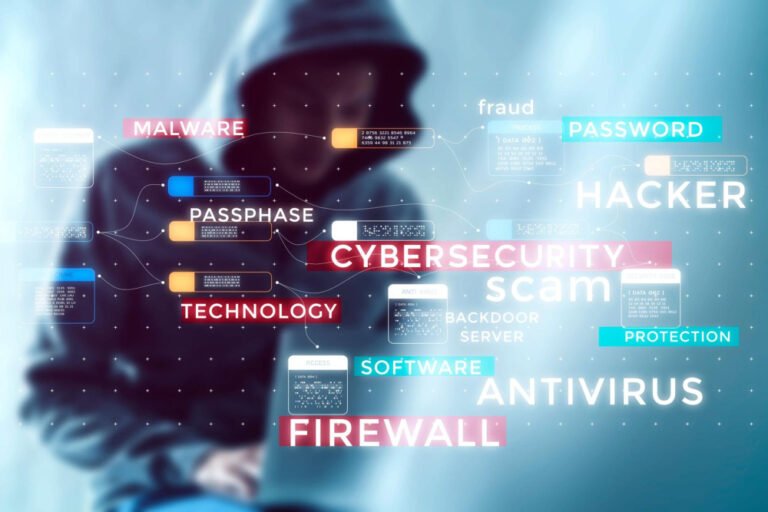How Safe Are You Online? Cybersecurity Basics for Remote Workers
How Safe Are You Online? Cybersecurity Basics for Remote Workers
Are you making it easy for hackers?
Most remote workers think a strong password is enough to stay safe online. It’s not.
Working online—especially from home or public spaces—comes with new risks. From phishing emails to unsecured Wi-Fi, the threats are real. The good news? A few simple habits can make a huge difference.
Let’s break it down.
1️⃣ Stop using the same password for everything
I used to do this. Then I got locked out of three accounts in one week.
Here’s the deal: If one of your passwords gets exposed, every account that uses it becomes vulnerable. Use a password manager to create and store strong, unique passwords for each account.
✅ Recommended: Bitwarden, 1Password, or LastPass.
2️⃣ Public Wi-Fi is not your friend
Coffee shops are great for vibes—not security.
Using public Wi-Fi without protection makes it easy for attackers to intercept your data. If you must use it, always use a VPN.
Bonus tip: Disable auto-connect for Wi-Fi on your laptop and phone.
3️⃣ Learn to spot phishing attempts
Scammers are getting smarter. That “urgent” email from your bank? It might be fake.
Always check:
- The sender’s email address
- Spelling and grammar errors
- Suspicious links (hover before you click)
If in doubt, don’t click.
4️⃣ Two-factor authentication = extra armor
2FA is like adding a second lock to your door. Even if someone gets your password, they still need your phone or code to log in.
Turn on 2FA for your:
- Social media
- Freelance platforms
- Banking apps
It takes two minutes. Totally worth it.
Final thoughts: Cybersecurity isn’t optional anymore
Remote work gives us freedom—but it also demands responsibility.
You don’t need to be a tech expert. Just build smart habits. Stay alert. Use the tools available. Because the moment you think, “It won’t happen to me,” is when you’re most vulnerable.


